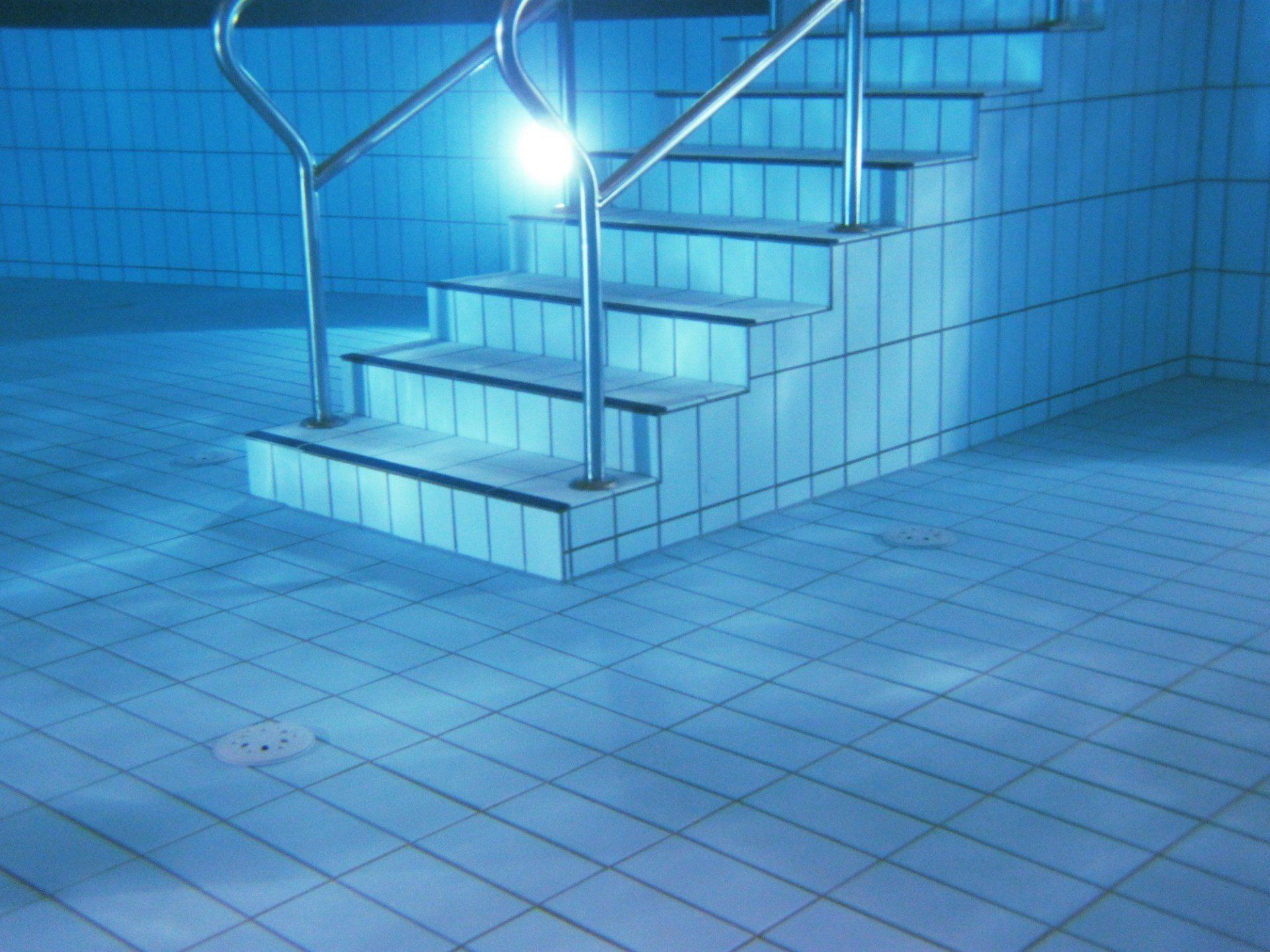Regarding maintaining a clean swimming pool, numerous homeowners concentrate on the water quality and landscaping, forgetting one crucial aspect: the pool tiles. Pool tile cleaning is commonly neglected, yet it plays a crucial role in the overall aesthetic and health of your pool. Over time, tiles can gather ugly stains, calcium buildup, and grime, making your treasured oasis seem abandoned. The truth is, cleaning your pool tiles is crucial, not only for appearance but also for prolonging the life of your pool.
Now how frequently should you clean your pool tiles? This is influenced by several factors, including usage, water quality, and environmental conditions. Though a DIY approach could look good, professional cleaning services can provide thorough solutions that protect your tiles and enhance your pool's overall look. If you are preparing for the summer swimming season or preparing for a pool party, ensuring your tiles are sparkling clean can greatly impact the appeal of your outdoor space.
A Importance of Swimming Pool Tiles Maintenance
Keeping spotless swimming pool surfaces is important for both functional purposes. Eventually, dirt, algae, and mineral buildup can gather on the surfaces, making the pool appear unattractive and murky. This accumulation not only takes away from the beauty of your pool but can also suggest deeper problems with water chemistry and sanitation. A properly cared for pool begins with clean surfaces, which improves the overall experience and look of your recreation space.
Aside from appearance, overlooked pool tiles can result in significant damage as time passes. Mineral deposits can result in the surfaces to break or fracture, leading to costly repairs down the line. Regular cleaning helps stop this deterioration, extending the lifespan of your pool's tiles and saving you costs on upcoming maintenance. With adequate care, you can prevent the necessity for premature resurfacing or replacement of surfaces.
Moreover, clean pool tiles help to a safer swimming environment. If tiles are unclean, they can host bacteria and moss that may pose health risks to swimmers. By investing in regular tile cleaning, you not only maintain your pool looking its best but also ensure that it stays a healthy place for family and friends to have fun. Clean surfaces play a key role in maintaining the overall hygiene of the pool, allowing you to jump in without concern.
Professional vs. Do-It-Yourself Pool Tile Cleaning
When it comes to pool tile cleaning, deciding between DIY methods and hiring a professional service can be a challenging decision. DIY cleaning can seem attractive due to the possible cost savings. Many pool owners try to tackle tile cleaning themselves using store-bought products or self-prepared solutions. However, this method often neglects the intricacies of thoroughly restoring tiles, especially when dealing with issues like mineral deposits or stubborn stains. A lack of proper methods and tools may lead to ineffective cleaning and even damage to your tiles.
On the other hand, expert pool tile cleaning services come armed with advanced tools and expertise that ensure a highly effective and effective clean. These professionals comprehend the nuances of different tile materials and the optimal methods for maintaining their integrity. Pool Tile Cleaning Near Me employ state-of-the-art cleaning techniques such as glass bead blasting, which not only removes accumulation but also restores the tiles' original shine. This level of expertise can save homeowners effort and alleviate the chance of causing harm to their pool tiles.
Ultimately, while do-it-yourself cleaning can provide temporary benefits, investing in a qualified service offers enduring benefits. Regular expert cleaning not only enhances the appearance of your pool but also helps prevent further issues that could arise from overlooking tile maintenance. For many homeowners, the benefit of having sparkling, well-maintained pool tiles is worth the cost of professional cleaning.
Preventing Swimming Pool Tile Damage
To preserve the longevity and appearance of your pool surfaces, regular maintenance is important. Creating a routine cleaning schedule can assist stop dirt, moss, and mineral accumulation from building up. Make it a practice to visually check your tiles weekly and conduct gentle maintenance as necessary. This will not just ensure your tiles looking well but also help spot early problems early before they become bigger serious problems.
Recognizing the type of chemicals and products you use in your pool is important for ceramic tile protection. Avoid strong substances or corrosive cleaners that can erode the grout and compromise the surfaces. Look into using pH-balanced products specifically formulated for swimming pools, as they are less likely to lead to deterioration. Moreover, make sure that swimming pool furniture and decorations placed near the edges of the swimming pool do not harm the tiles over time.
Finally, the environmental factors around your swimming pool can also have a big role in tile health. Regularly trimming shrubs around the swimming pool can prevent foliage and debris from falling into the water, which encourages better cleanliness. Moreover, using a swimming pool blanket during the off-season can reduce contact to weather that cause damage and tear on surfaces. By implementing these protective measures, you can keep your swimming pool tiles looking like new for years to come.

